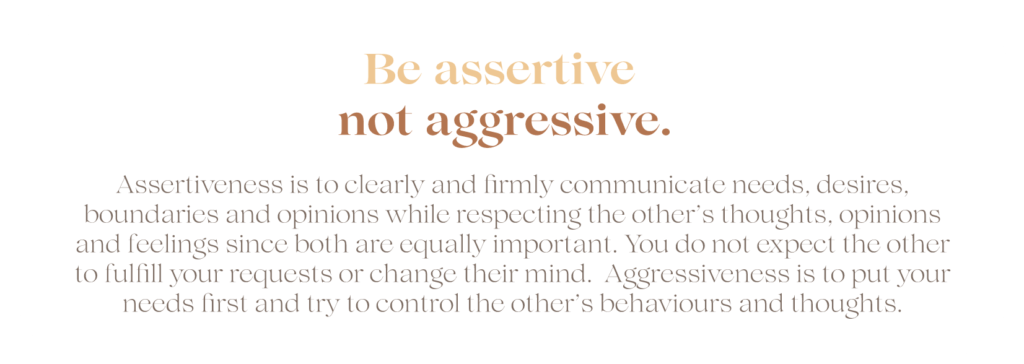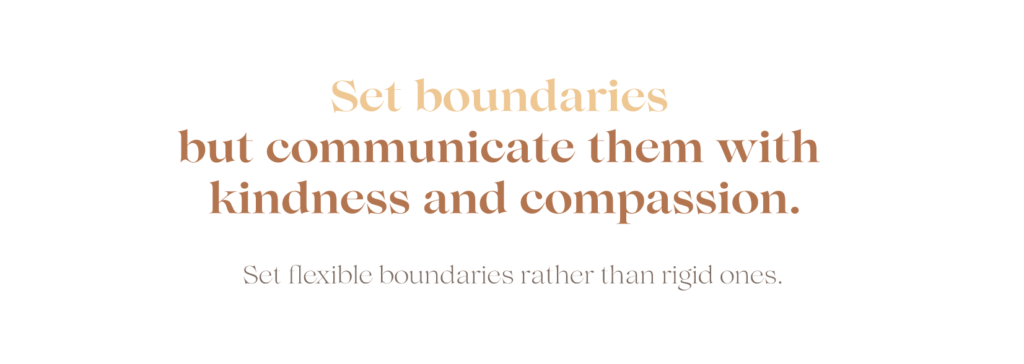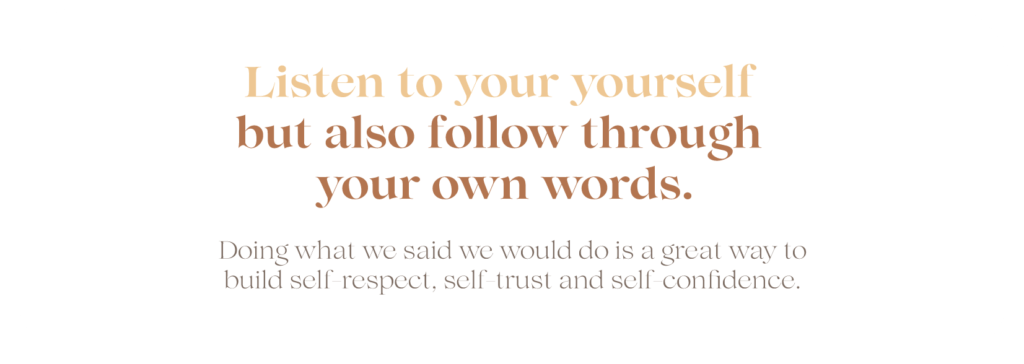Make Waves, Move Mountains
This is the famous slogan of the Australian surfer brand Roxy. A sentence I have been repeating to myself a lot lately. I love waves. Waves are ok. Waves are ok. Waves are ok.
And at some point, I came to realize that making waves is not only acceptable, but it is life changing. Waves truly allow you to move mountains. Isn’t it amazing?
In a society where girls and women are praised for being quiet and warm, for avoiding conflict, for not setting boundaries and for being other-centered, most of us have learnt that we should not be powerful ocean and make waves. We learn that our role is to fit in and be liked no matter what. In the process, we become hyper-vigilant, and start giving an astonishing amount of importance to what others may think of us and start doing all we can to be liked. Until one day, we realize that our role is not to be liked but to be authentic!
Life is not about being liked,
but about being authentic.
For the purpose of conciseness, I will use the phrase make waves to refer to actions such as voicing opinions, needs and emotions (especially anger, disgust and discomfort), listening and acting according to our intuition, setting boundaries, disagreeing, being assertive, confident and firm and any other actions that do not aim at rubbing others up the right way and sugar-coating reality.
P.S.: If you are a man, keep reading. While there is a societal gender inequality when it comes to this topic, it does not mean that you have never experienced this. Moreover, you can also become aware of the ways you might unconsciously perpetuate these inequalities and behaviours.
Befriend
the
ocean.
When I first imagined myself making waves, I pictured myself as a shark scaring everyone and ripping them apart with my sharp teeth. I also envisioned myself stepping on other people and crushing them or pushing them off a cliff. This is no surprise since studies show that most people see women who are assertive as rude, disagreeable, bossy, aggressive, abrasive, … . We are conditioned to believe that making waves is something negative. We have come to believe that being assertive means being aggressive, being confident means being arrogant, setting boundaries means being selfish, and so on and so forth. Our vision of normalcy has become biased. We have been taught that making waves will make us lose love, friendships, opportunities and much more. And with time, we have come to believe that if we make waves, we will drown.
I didn’t want to be a shark, and I still don’t. So, I decided to shift my beliefs and trust me it’s still a work in progress. Personally, I love the ocean, I enjoy surfing and I could watch waves for hours. So, instead of seeing myself as a shark, I decided to see myself as a powerful yet beautiful ocean that makes waves. Waves that will scare some people away, but also waves that some will be absolutely frothing to surf.
To become friend with the ocean, you need to identify your beliefs around setting boundaries, voicing your opinions, need and feelings, around being assertive and confident.
What jumps to your mind when you think about making waves? Is it positive or negative? Would you see yourself doing what you’ve just imagined? If it was negative and you can’t see yourself doing this, you should shift your perception. If you don’t like the make waves, move mountains affirmation, find a positive imagery that works for you. Find YOUR version of making wave!
Take up space and do it in your own way.
Find your own waves and learn to surf
When we have spent decades mainly focusing on what other people think of us and how we can fulfill their desires and be liked by them, it is obvious that we have, to some extent, lost sight of who we truly are and what we want. Consequently, we need to (re-)learn who we are and what we desire. The only way to do so is to listen. Listen to ourselves. Listen to the cues our body, breath, thoughts and emotions give us.
As I often say in my yoga classes and coaching sessions, we learn from observing without judgement. Once we acknowledge that there is no good or bad but simply cues, we can use them rather than ignore them.
However, we shouldn’t act blindly upon our cues. We should question them wisely. One of the sentences I use the most in my coaching practice is “For what reasons?”. This sentence allows the coachee to learn tremendously precious information about themselves, even when they didn’t do the exercise. Blindly following our anger would probably lead us to shout, hit or ignore the other. However, asking ourselves “For what reasons am I feeling angry?” will teach us something important about ourselves and the situation. Observe and ask yourself “For what reasons?” in order to better know you needs, desires, what you do not accept, what you enjoy, what energizes you, what drains you and any other pieces of information you wish to have. This simple question will help you find your own waves.
The more authentic you are,
the more you attract the right people.
Find your waves and learn to surf
Find the reasons and name them.
Ask yourself for what reasons you are feeling these emotions and put them into words. You can also take notes of the new pieces of information this situation has given you about the way you function. I love to think of myself as an archeologist, trying to uncover a beautiful treasure. A treasure that will allow me to know myself and what I desire in more depth.
Feel.
Make space for the disappointment and all the other emotions. Feel them all. Here are some ways to allow your emotions to be felt.
Be curious.
Ask yourself why it didn’t work the way you wanted.
Show compassion.
Show compassion for yourself if you didn’t act the way you wish you did or if it didn’t work the way you expected. Remind yourself that you are learning, one step at a time.
If the other didn’t respect your wave, have compassion for them. They probably didn’t know any better. If they couldn’t do it with you, they probably can’t do it with themselves either.
Voice it.
Share with the other your experience of the situation and how you felt. However, do not expect that it will be well-received or that they will understand. They might not and it is also ok.
Find a different way.
Maybe you can set yourself up for success by coming up with tips to support you. For instance, you can implement a breathing practice that calms you down or a positive visualization before a hard conversation. You can also use affirmations and repeat them over and over again. Maybe you can write down notes so that you don’t panic and forget what you wanted to say. Find what works for you!
Maybe you can also find different ways to communicate so that it may be better received. The energy you have when trying to make wave can make all the difference! You can set boundaries quite aggressively, which will probably make people refuse to listen. Or you can set boundaries with a big smile, kindness and compassion, which may be better received. If you tried everything and it still doesn’t work, maybe it’s time to take some distance from these people.
Practice makes better.
Making waves won’t feel great at first. It might even feel awful. When we first try to make waves, our nervous system might get activated. Our heart might start racing, we might become shaky and sweaty and we might feel like we want to run very far away.
Practice in front of your mirror, do the Wonderwoman pose, visualize the interactions and start with the less demanding situations. The more you practice, the less your body feel it as a threat. The first few times I dared making a wave, I felt like a monster for a good 3 days. If this happens, come back to your breath, your affirmations, and any other practices that support your nervous system.
Practice makes better.
Making waves won’t feel great at first. It might even feel awful. When we first try to make waves, our nervous system might get activated. Our heart might start racing, we might become shaky and sweaty and we might feel like we want to run very far away.
Practice in front of your mirror, do the Wonderwoman pose, visualize the interactions and start with the less demanding situations. The more you practice, the less your body feel it as a threat. The first few times I dared making a wave, I felt like a monster for a good 3 days. If this happens, come back to your breath, your affirmations, and any other practices that support your nervous system.
Be patient.
You cannot change decades of behaviours instantly. Sometimes you may succeed and sometimes you may not. Change is not linear, but it does not mean that you are not on your way.
Heal a little bit more every day.
Heal the part of yourself that longs for others’ approval. Heal your fear of being rejected.
Heal your fear of not being part of the group. Heal your fear of being alone. Heal your need to be loved by every single person. You can start this healing by trying the ride your own wave challenge. You can also book a coaching session to dive more deeply into these fears and how they might interfere with your desire to make waves and move mountains.
Make peace with the fact that
not everyone is going to like you.
The key to surfing is balance and so it is here.
It is sometimes tricky to find one’s balance when we start our journey as we tend to go from one extreme to the other. Have some grace for yourself while figuring out how you can balance on a tiny surfboard on a moving and unpredictable wave. Here are some key elements that always help me find my balance.





One wave at a time, you will find yourself moving mountains.
You are part of the change.

